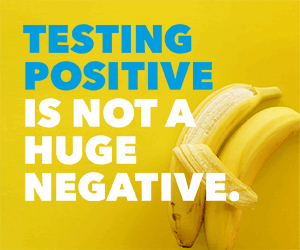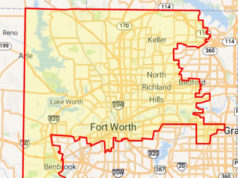Sports companies, like other businesses, evolve. They find new product lines and revenue streams. While the National Basketball Association’s core business of showcasing the world’s best hoopsters has remained consistent over its 70+ years in operation, they’ve also branched out many times. One of the league’s key figures in pursuing such opportunities is Deputy Commissioner Mark Tatum. From staging games in Africa to finding new ways to reach youth players to figuring out best practices for placing sponsor logos on jerseys, he shepherds new initiatives from concept to completion.
If you’ve read my blog much, you might have guessed that a lot of the work I do involves content based around former players in a number of sports. When I https://youtu.be/-vVsmbbg_l8noticed Mark Tatum in Springfield, Massachusetts at the Basketball Hall of Fame Enshrinement festivities, I was curious about his employer’s motivation for getting involved in the celebration of former greats, and that’s the first question in the video interview that’s the centerpiece of this post.
When I saw him, Tatum was attending the Education and Leadership Luncheon at Springfield College, sponsored by the Hall of Fame and Beta Sigma Boulé. One of the audience’s question’s revolved around women in basketball and emcee Paul Lambert from the Hall of Fame directed it his way. Tatum talked about the WNBA (he has twice helmed it on an interim basis when the women’s league was between chief executives) and he and I later had a chat about the Dallas Wings after we bumped into each other on the way to the ceremony.
After watching the enshrinement proceedings, it got me thinking that the 2019 class represented a number of the ways the game has expanded its reach. The group included the family of the late Carl Braun. Braun played in the earliest years, when even the concept of a successful pro basketball league was new.
We saw Charles “Chuck” Cooper posthumously enshrined. The league has progressed from Cooper’s being the first African-American player drafted to becoming a major cultural force for people like him.
In addition to being a fine player and a groundbreaking African-American coach, one could make the case that Golden State Warriors’ icon Al Attles played an important role in helping the league become truly national, as he and his teammates made pro basketball a viable business proposition far from its East Coast roots.
Vlade Divac was one of the first successful international players in American professional basketball, helping open the doors to a host of overseas initiatives that have helped grow the NBA brand (and, no doubt, Tatum’s cache of frequent flyer miles).
Teresa Weatherspoon and the Wayland Baptist Flying Queens represented the embrace of the game by women, including, in Weatherspoon’s case, the Association’s ongoing major contribution to the effort, the WNBA.
The stories those honorees and the rest of the diverse class told from the podium gave testament to all the ways their game has become the world’s second most popular sport. Basketball can supply great storylines that reflect society and sports (and business, for that matter). Whether it’s through getting even more involved in using those tales to celebrate its tradition or finding the next place to expand, the NBA will, I feel sure, continue to look for ways to grow itself and its sport. That’s what good businesses do.











